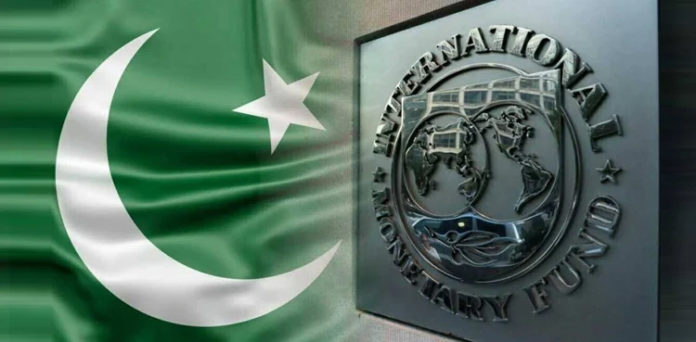
ISLAMABAD: The International Monetary Fund (IMF) and Pakistani authorities have reached a staff-level agreement on the first review under Pakistan’s Stand-By Arrangement (SBA). The agreement, subject to approval by the IMF’s Executive Board, will grant Pakistan access to SDR 528 million (approximately US$700 million).
Led by Nathan Porter, an IMF team visited Islamabad from November 2-15, 2023, to conduct discussions on the first review of Pakistan’s economic program supported by the IMF Stand-By Arrangement. Following the conclusion of these discussions, Mr. Porter issued a statement outlining the key aspects of the agreement.
The agreement reinforces the Pakistani authorities’ commitment to advancing fiscal consolidation, implementing cost-reducing reforms in the energy sector, restoring a market-determined exchange rate, and pursuing governance reforms for state-owned enterprises to attract investment and foster job creation. Simultaneously, efforts to strengthen social assistance programs are integral to the agreement.
Mr. Porter highlighted that, pending approval by the IMF’s Executive Board, around US$700 million would become available, bringing the total disbursements under the program to almost US$1.9 billion.
The economic stabilization policies under the SBA have initiated a nascent recovery, supported by international partners and improving confidence indicators. The execution of the FY24 budget, ongoing adjustments in energy prices, and renewed flows into the foreign exchange market have alleviated fiscal and external pressures. While inflation is expected to decline in the coming months, external risks, including geopolitical tensions and commodity price fluctuations, remain a concern.
The key priorities outlined in the agreement include continued fiscal consolidation, strengthening the social safety net, reducing costs in the energy sector, restoring viability, rebuilding foreign exchange reserves, implementing proactive monetary policy, enhancing financial sector resilience, and advancing state-owned enterprise and governance reforms.
The agreement also emphasizes the importance of cooperation with international partners, accelerating engagement with multilateral and bilateral partners, and ensuring timely disbursement of committed external support to bolster Pakistan’s policy and reform efforts.
The IMF team expressed gratitude to the Pakistani authorities, the private sector, and development partners for their cooperation throughout the mission. The successful agreement reflects a shared commitment to macroeconomic sustainability and balanced growth in Pakistan.